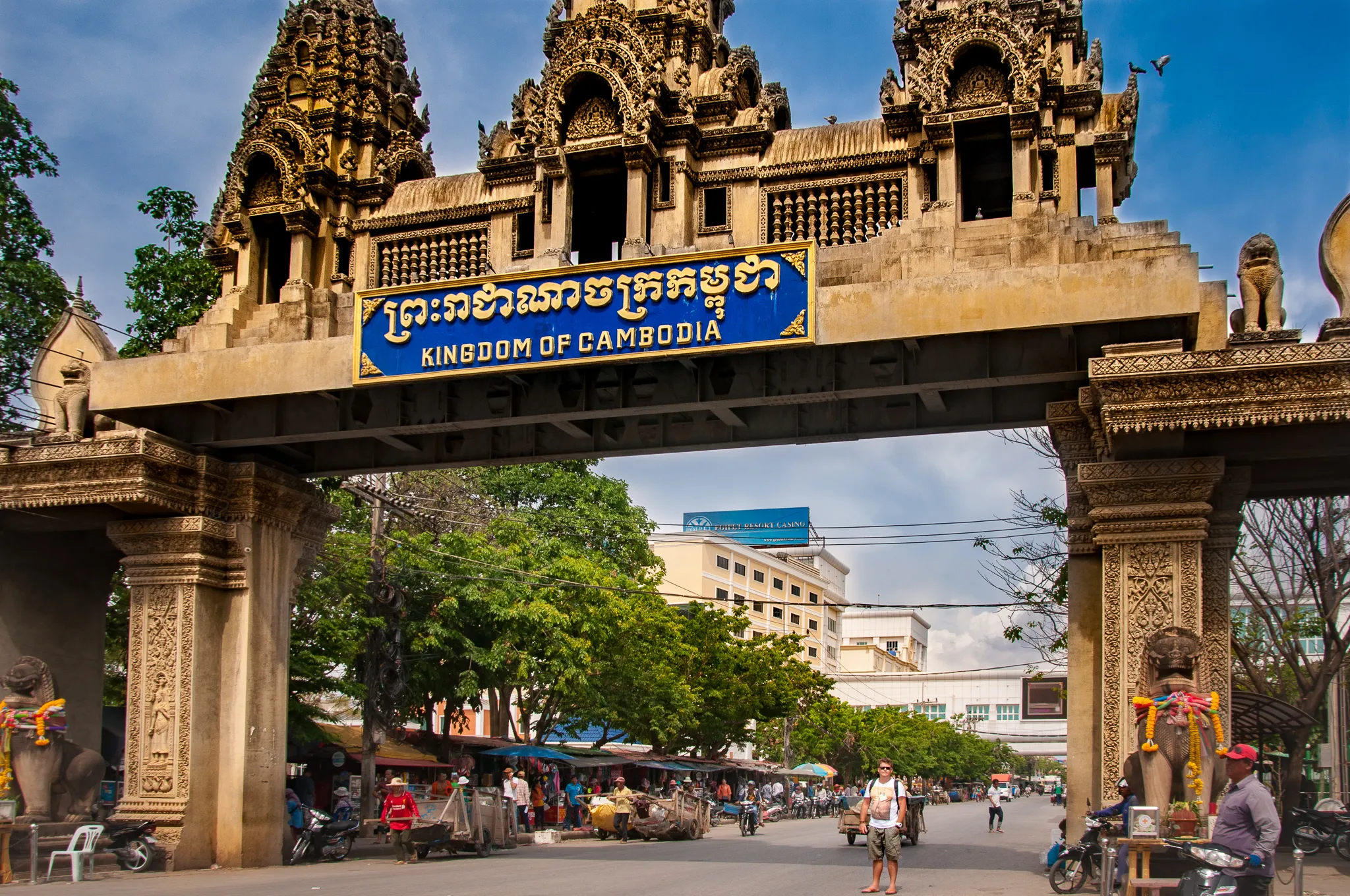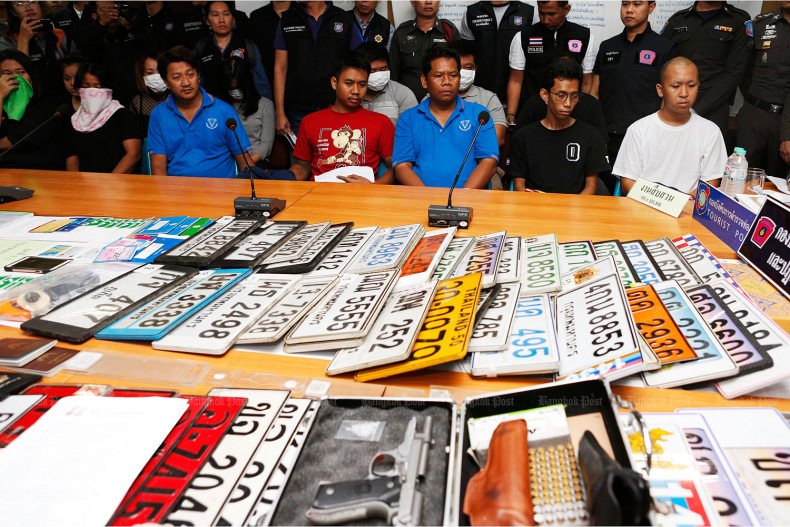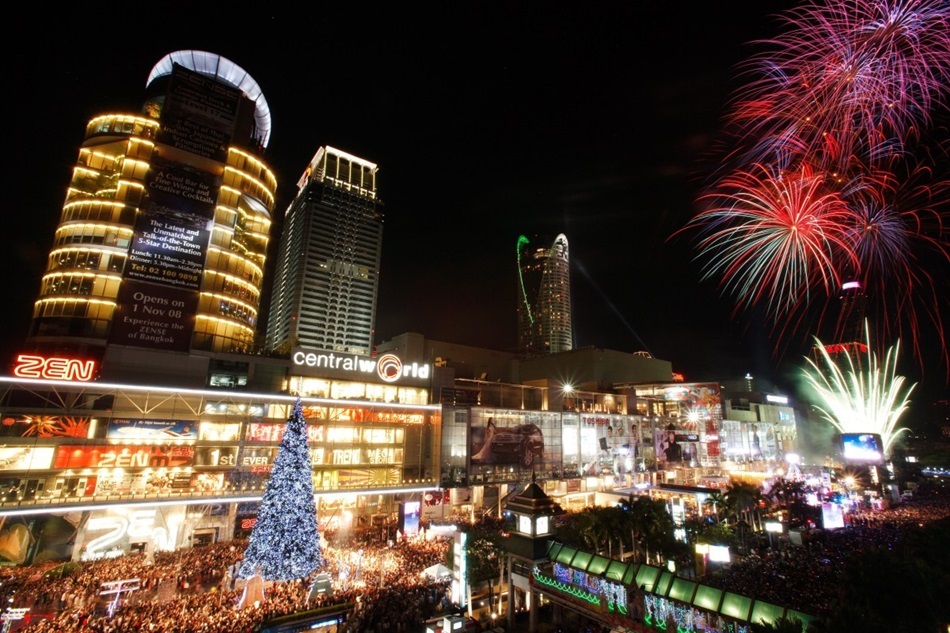Urgent Relief Measures Ordered
Support for Affected Communities
Prime Minister Paetongtarn Shinawatra has directed all cabinet ministers to develop relief strategies for communities impacted by escalating tensions along the Thai-Cambodian border. Speaking after a cabinet meeting, she underscored the importance of national unity and government stability in addressing the crisis. The premier emphasized that these measures aim to support farmers, traders, and others affected by recent border closures, ensuring their livelihoods are protected during this challenging period.
Border Security Tightened
Military Closes Checkpoints
The Thai military has intensified control over the border, closing all checkpoints in seven provinces, including Ubon Ratchathani, Surin, and Trat, since Monday. Major General Winthai Suvaree, a Royal Thai Army spokesman, announced that the closures prohibit all cross-border movement of people and vehicles, with exceptions for humanitarian cases like medical emergencies and students. These actions are part of a broader effort to address national security threats, including transnational crime, as highlighted by the United Nations Office on Drugs and Crime.
Focus on Transnational Crime
Disrupting Cross-Border Scams
The heightened border measures also target illegal activities, such as cross-border scams and call center operations, which the military views as a significant threat to public safety. By restricting movement, authorities aim to disrupt these criminal networks, which have exploited porous borders. The prime minister clarified that the closures are not politically motivated but are necessary to safeguard Thai citizens and maintain order in the region.
Economic and Social Impacts
Tourism and Trade at Risk
The border closures have raised concerns about long-term effects on trade, tourism, and cross-border relationships. A tourism operator in Trat province described the situation as unprecedented, noting the historically strong ties between Thai and Cambodian communities. The sudden halt in cross-border activity could strain these bonds, potentially impacting local economies that rely heavily on bilateral trade and visitor exchanges.
Opposition Criticizes Military Role
Calls for Democratic Oversight
Natthaphong Ruengpanyawut, leader of the opposition People’s Party, criticized the government for allowing the military to make unilateral decisions without executive oversight. He argued that such actions undermine democratic principles and called for a focus on peaceful coexistence, economic stability, and international relations. The opposition’s stance reflects broader concerns about the balance of power during the ongoing border dispute.
Push for Peaceful Resolution
Balancing Security and Diplomacy
Prime Minister Paetongtarn reiterated her commitment to resolving the conflict peacefully, emphasizing that border measures are designed to protect national interests without escalating tensions. Her administration faces the challenge of balancing security concerns with the need to maintain diplomatic and economic ties with Cambodia. As relief efforts roll out, the government aims to foster unity and resilience among Thais while navigating this complex geopolitical crisis.









